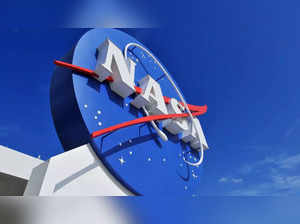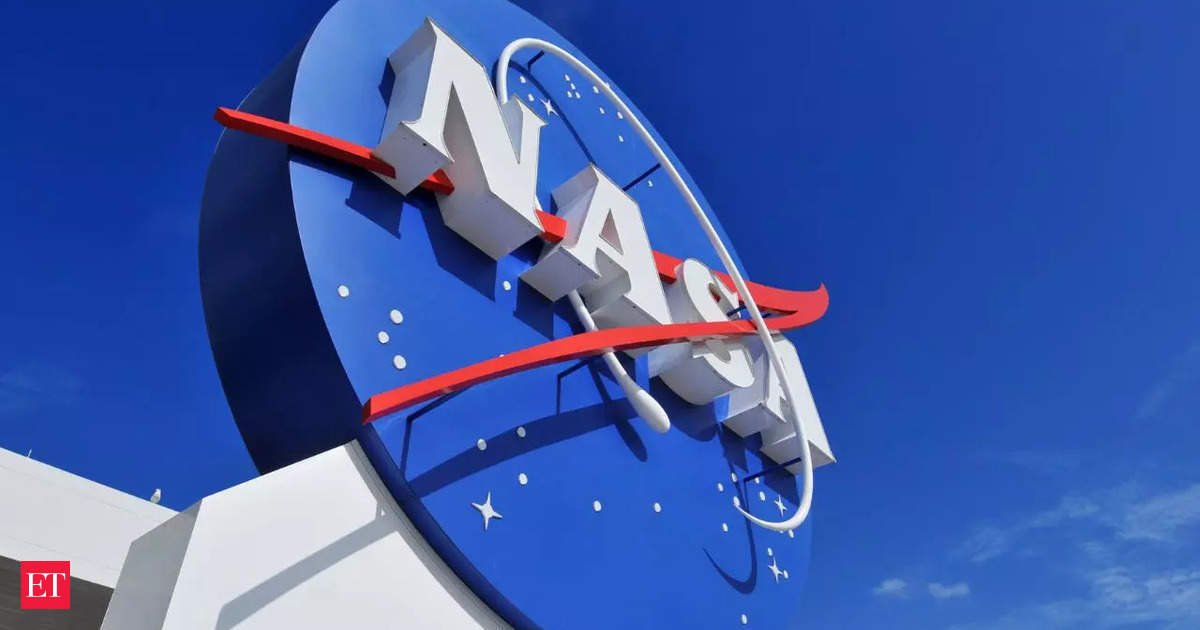Synopsis
According to NASA, the new clock will not be based on any time zones like the Earth, but a completely different frame of time reference for the moon.
 TIMESOFINDIA.COM
TIMESOFINDIA.COMNow, the seconds will tick away faster in the moon as the National Aeronautics and Space Administration (NASA) has planned on creating a different time clock for the moon which will not be similar to the time zones that we typically see on the Earth. On Earth, we have various time zones across countries and continents depending on the rotation and revolution of the earth. For example, the Greenwich Mean Time, Eastern Time, Pacific Time, and many other standard time zones set individually for almost each country on the planet, as per a report in New York Post.
However, NASA may now come up with an entirely different frame of time reference exclusively for the moon as lesser gravity there as compared to the Earth means that time will move slightly faster than that on Earth. Therefore, after meticulous research and approach, NASA may start developing a different time frame for the moon, as advised by the White House to them and other US Agencies. According to the New York Post, the White House asked NASA and other American agencies to work in tandem with different international agencies related to this field and decide upon a standardized moon-centric time-referencing system.
According to reports, NASA officials have commented that an atomic clock will have varied ticking rates when on the Earth or the moon. Therefore, every movement on moon will be in a speeded-up time reference as compared to the Earth, claimed NASA. The US Government want NASA and the other agencies to draft a basic idea by the end of 2024 and prepare a final plan by 2026, which can be brought into implementation thereafter, says New York Post.
FAQs:
Q1. Which is heavier, the Earth or the moon?
A1. According to Space.com, the Earth is approximately 81 times heavier than the moon. The moon’s density is just 60% of that of the Earth.
Q2. Is gravity of the moon more than the earth?
A2. No, it is not. According to NASA, the gravitational pull of the moon is significantly lesser than that of the Earth. This means that any object will fall faster on the Earth than that on the moon.
Disclaimer Statement: This content is authored by a 3rd party. The views expressed here are that of the respective authors/ entities and do not represent the views of Economic Times (ET). ET does not guarantee, vouch for or endorse any of its contents nor is responsible for them in any manner whatsoever. Please take all steps necessary to ascertain that any information and content provided is correct, updated, and verified. ET hereby disclaims any and all warranties, express or implied, relating to the report and any content therein.
Read More News on
(Catch all the US News, UK News, Canada News, International Breaking News Events, and Latest News Updates on The Economic Times.)
Download The Economic Times News App to get Daily International News Updates.
…moreless

